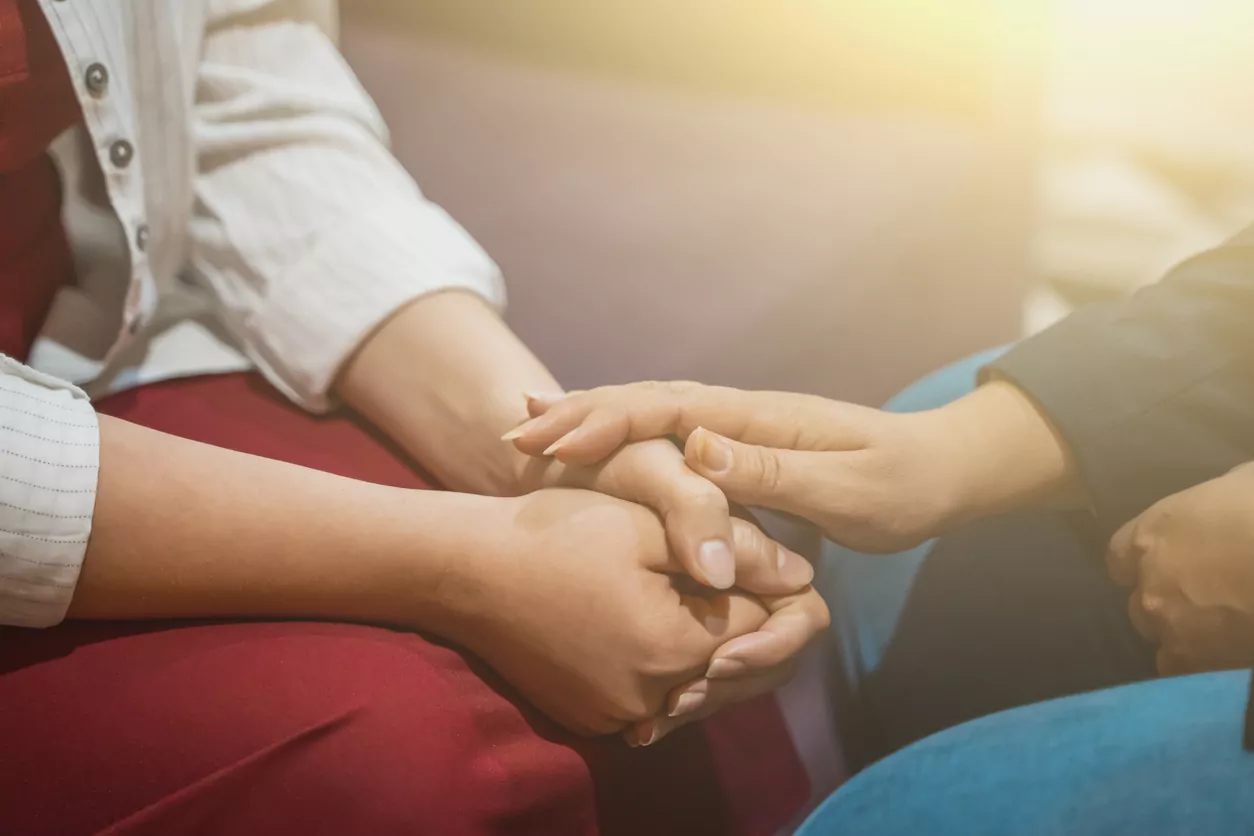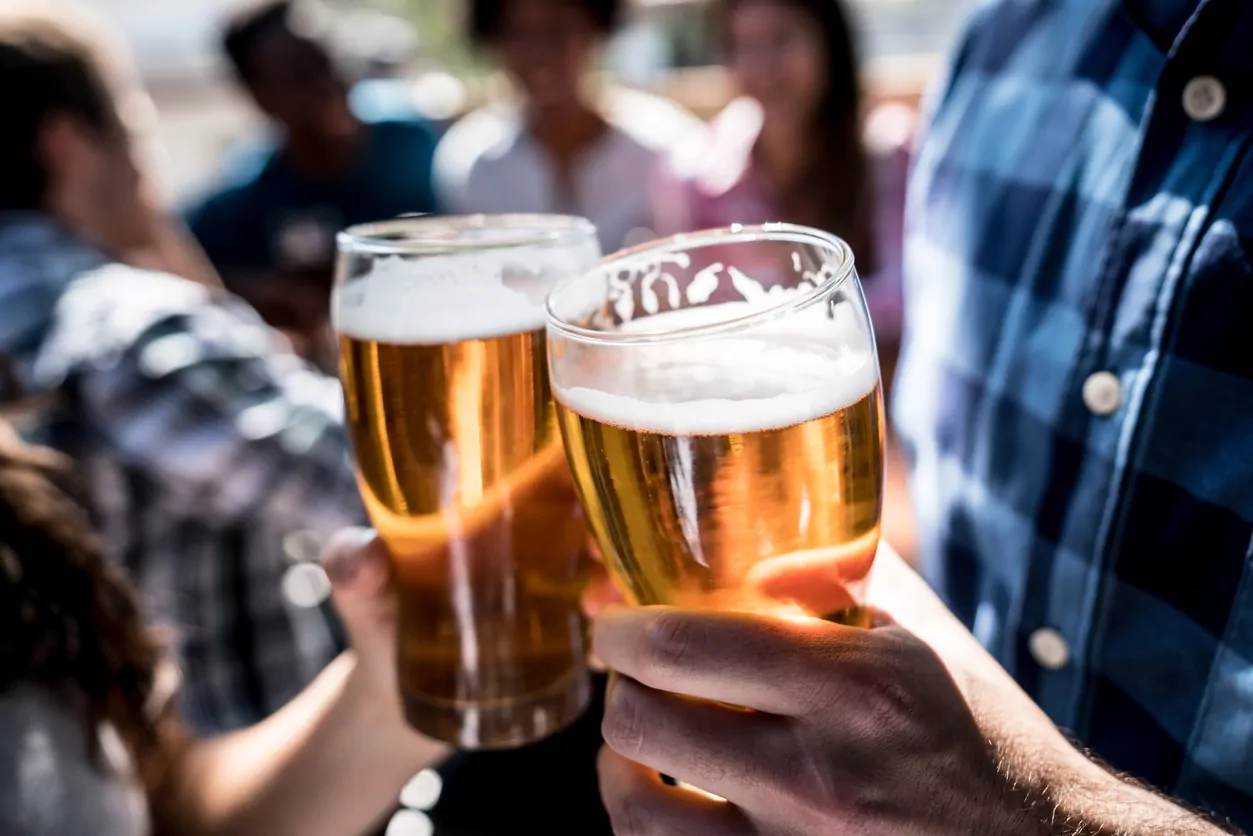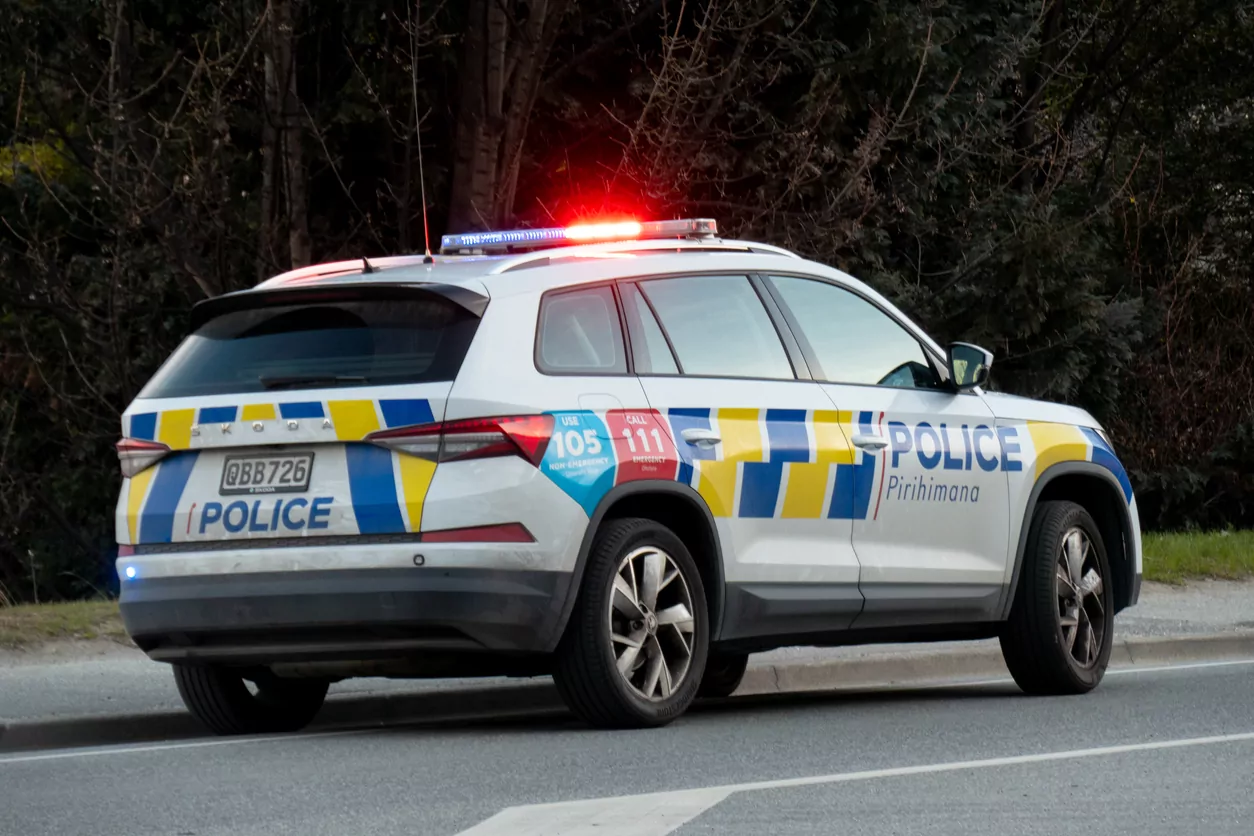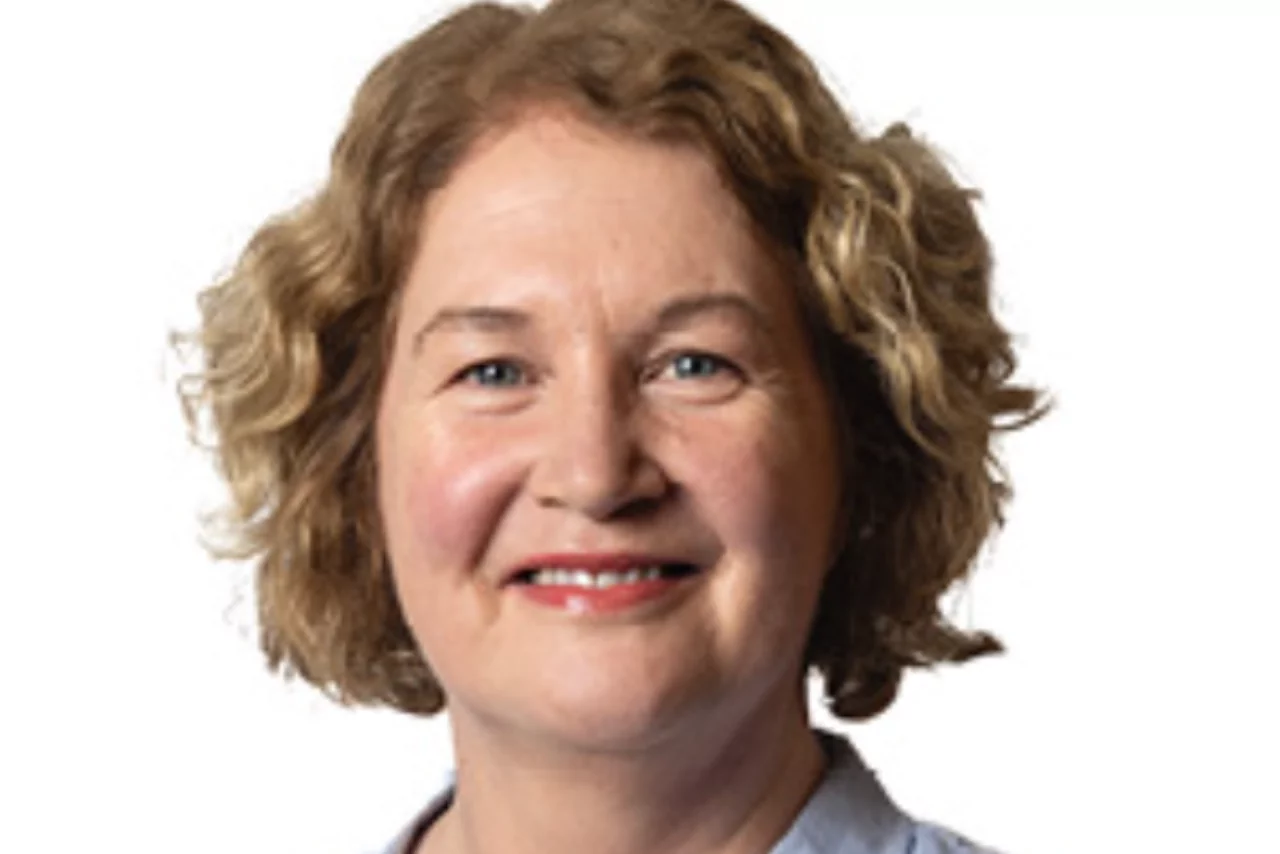Escaped youth tracked by Eagle helicopter, found hiding in New Brighton
The young person who escaped from a youth justice facility in Rolleston has been located...

Content warning, this article details work suicide
A coroner has issued a strong warning over New Zealand’s mental health system after a 16-year-old Marlborough student who had been groomed online by adult men died by suicide while waiting for specialist support.
In findings released today, Coroner Mary-Anne Borrowdale said the teenager’s death highlighted both the dangers of online exploitation and the failure of the country’s mental health system to provide immediate and effective inpatient care for suicidal adolescents.
The coroner said the girl was “extremely vulnerable” and had battled trauma since the age of nine when she was first exposed to online pornography and began communicating with adult males.
Her psychiatrist told the court that these experiences were exploitative and traumatising, leaving her with long-term anxiety, guilt, and depression.
Despite extensive involvement with health services, including therapy, psychiatric treatment, and two hospital admissions, the girl continued to struggle.
Her condition deteriorated after she resumed contact with one of the men who had previously groomed her.
She was admitted twice to the Princess Margaret Hospital adolescent mental health unit in Christchurch, the only one of its kind in the South Island, after a crisis in early 2023.
The coroner found that at one point, when she was acutely suicidal, “a severely mentally unwell teenager who wanted clinical assistance could not be given an adolescent inpatient bed anywhere in the South Island.”
Coroner Borrowdale described the lack of immediate availability as “patently unsatisfactory,” saying it reflected poorly on the system’s capacity to respond when vulnerable young people most needed care. She said the teenager’s mother was placed under “extraordinary pressure” to provide overnight supervision at home because there were no adolescent beds available.
“It is no good for coroners and suicide advocates to urge young people to seek help when the support they receive may be limited to texts, calls, and video-links, instead of face-to-face clinical assessment and treatment in a safe environment,” she said.
When a bed did become available, it required the girl to travel hundreds of kilometres from her home to Christchurch, a move the coroner said left her feeling isolated and disconnected from her family. “The resulting disruption to the teenager and her mother, and sense of alienation and longing for connection, may understandably have influenced their desire for her to be discharged home,” she wrote.
Coroner Borrowdale found that in the days before her death, the teenager showed no outward signs of distress. She had been future-focused, participating in health school study, and appeared settled during visits from family. On the morning of her death, she phoned a helpline and her psychologist asking for help. Minutes later, she was found unresponsive at her home.
The coroner ruled her death a suicide, saying she had been overwhelmed by her belief that recovery was not possible. He said the teenager “had come to despair of her chances of beating her demons and impulsively seized the opportunity of being alone to end her life.”
In a direct statement, Coroner Borrowdale said the case should be a wake-up call to Health New Zealand to ensure prompt and effective support for young people exploited online.
“It is the agency’s responsibility to ensure the delivery of prompt and effective mental healthcare to any young person who is exploited online to the serious detriment of their mental health,” he said, adding that Health New Zealand did not respond to his consultation on the findings.
She also called for greater public awareness of online grooming and recommended parents and caregivers use resources provided by NetSafe, including its Online Safety Parent Toolkit, which offers advice on recognising signs of exploitation and how to seek help.
Coroner Borrowdale ordered that the identities of the teenager and her family remain permanently suppressed, but said he hoped media coverage of his findings would encourage greater understanding of online harm and lead to systemic improvements in youth mental health care.
“The girl’s online ordeal is a lesson to us all,” she wrote.
“Awareness within the general community, schools, many mental health services, and even legal systems such as the police is often limited. Knowledge of how to recognise warning signs and protect victims is even more limited.”
If it is an emergency and you feel like you or someone else is at risk, call 111.


